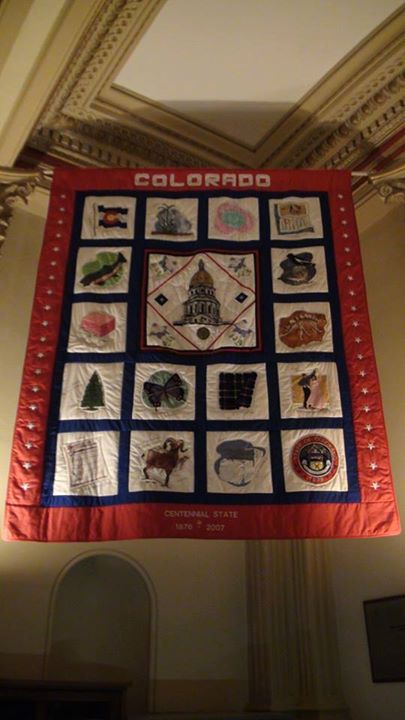
Monday, 2 December 2013
Render therefore to all their due: taxes to whom taxes are due, customs to whom customs, fear to whom fear, honor to whom honor. Romans 13:7
Verse 7 begins with “Render therefore…” and then it lists what we are to so render based on the discussion of the preceding 6 verses. This term, “render therefore,” is beautifully described by Albert Barnes –
“Christianity is not designed to break in upon the proper order of society, but rather to establish and confirm that order. It does not rudely assail existing institutions: but it comes to put them on a proper footing, to diffuse a mild and pure influence over all, and to secure “such” an influence in all the relations of life as shall tend best to promote the happiness of man and the welfare of the community.”
It is we who should be the model and goal of all others within society as we live out the high calling of our Christian life. And this high calling is to render “to all their due.” This, as described here, includes “taxes to whom taxes are due.” Paul told us to whom we were to pay taxes and the reason for it in verse 6, and now he reiterates it here. In essence he is saying, “They are due this for the reason I explained. Now follow through with it.” The word “taxes” in Greek is phoron and indicates those taxes that are imposed on people and on estates.
Next he notes “customs to whom customs” are due. The Greek here is telos. This is a tax which would be on things bought and sold and things imported and exported. When taxes like this are imposed, we are to pay them. In the modern world, the taxes are usually already figured into the cost of an item, but there are also legal ways of getting around them, such as bartering, buying on-line, etc. Eventually though, nothing will be bought or sold without first accepting the mark of the beast (see Revelation 13:16, 17). At that time, there will be only two options.
In Luke 20:25, Jesus told us to “Render therefore to Caesar the things that are Caesar’s, and to God the things that are God’s.” If taking the mark of the beast means that we are not rendering to God His due, then a sobering choice will have to be made. Will the individual honor God and refuse the mark – thus sealing his fate in this earthly life. Or, will the individual honor “Caesar” and take the mark, thus securing temporary life and with it eternal damnation. The far better choice is to receive Jesus Christ now. By doing so, before that horrible day comes, they will be taken up at the rapture and free from facing this dilemma.
Paul’s next thought is that we are to render “fear to whom fear” is due. This is referring to what he said in verses 2-4. The authorities bear the sword and therefore they are due the fear of their office. This doesn’t mean they are to “be afraid” of them, but to show the fear which leads to obedience and proper submission. This thought is comparable to our duty to the Lord, as is noted again and again in Scripture. One such verse is Leviticus 19:32, “You shall rise before the gray headed and honor the presence of an old man, and fear your God: I am the Lord.” The thought is not that we are to be afraid of the Lord, but that we are to fear who He is. It should be a fear in awe, not of threat.
Finally Paul notes that we are to offer “honor to whom honor” is due. This takes us back to verse 1 which noted that we are to be subject to the governing authorities. These people have been placed over us and therefore they are due the honor of the office. For example, regardless of who is in the White House, and there have been some really crummy presidents in our history, the office itself demands the honor. But, that isn’t the end of who is to be honored. Peter, in his first epistle, will expand on this thought to include all people. We are to defer honor to all others and thus be humble in how we present ourselves. Here is his thought from 1 Peter 2:17, “Honor all people. Love the brotherhood. Fear God. Honor the king.”
Life application: If Romans 13:1-7 have seemed like a tough challenge to you, don’t feel alone. Most people find these verses difficult. However, we are instructed to be the model of society and the epitome of those who are respectful of others. At the same time, we are to be as hard as a wall of iron in tolerating sin. And so there is a balance which needs to be presented. If we live the love and don’t challenge the sin, we err in tolerating that which God will not accept. However, if we live for judgment on sin without granting respect and honor, we become (and are so viewed as) self-righteous. Without the balance, we become ineffective in our Christian testimony.
Lord Jesus, as Your servant, help me to be the model of society, an example of humility, and a person of respect and honor. On my own, I’ll always fall short, but because I bear Your great name, be with me and guide me in this so that You will be glorified, not diminished, in the eyes of others. Thank You for hearing my prayer O Lord. Amen.




